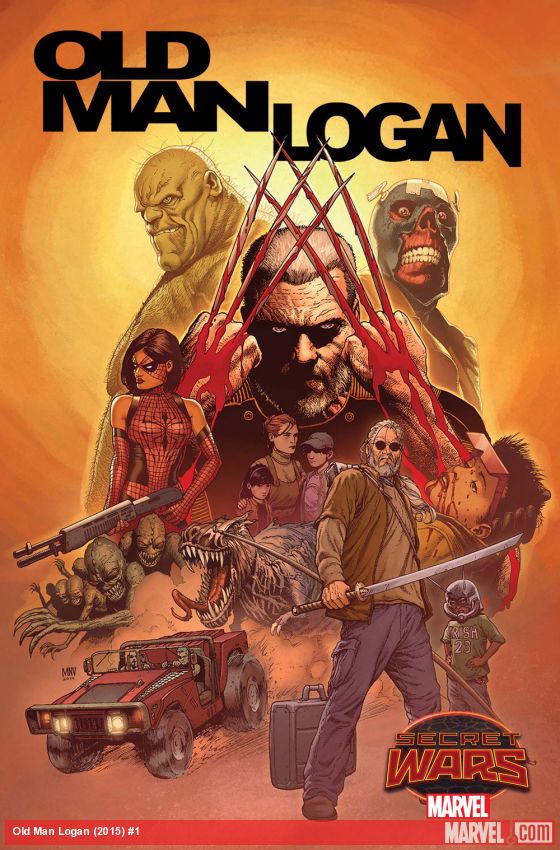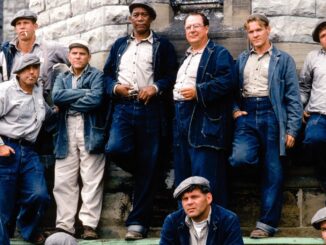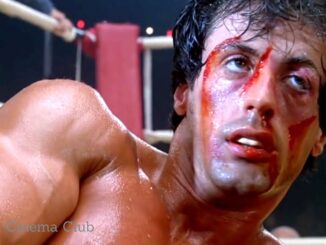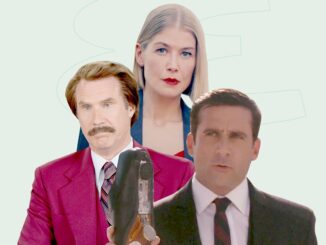
Old Man Logan might be one of the few modern Marvel Comics titles that draws in older fans who long stopped reading “sequential art” books. While not a huge seller, Old Man Logan — a series dealing with an aged Wolverine — became the basis for the Hugh Jackman movie Logan. The older version of Logan/Wolverine in the comic books now seems to be facing a serious problem: the mutant hero’s vaunted healing factor seems to be diminishing with age. The parallels to men’s health and fitness are hard to miss in this plot device.
The healing factor allowed Logan to recover from serious wounds. The Hulk even once ripped him in half, which turned out to only be a minor setback. Originally, the healing factor was less pronounced but grew to make him near invulnerable. This is how Logan ended up becoming an old man. The healing factor allowed him to age to well over 100.
A drawback to the healing factor would be the power’s contribution to diminished drama in the books. Since the reader knows Wolverine can regenerate from wounds, the reader already knows Wolverine’s bouncing back from whatever punishment he receives. Old Man Logan presented an aged version of the character. He’s older, wiser, and less prone to immediate acts of violence. The violence remains, but the approach becomes more deliberate. And then there are other changes. Physically, Logan has slowed down. That what happens when someone ages. Physically prowess diminishes even when you are active at later stages in life.
The loss of the healing power can be seen as a loose metaphor for a man’s loss of testosterone as he ages. Testosterone, a naturally-occurring hormone in the body, aids with muscle growth, fat loss, energy levels, and even memory. A man experiences certain physical limitations due to age-induced testosterone decline. An older Wolverine dealing with a loss of his healing factor comes off a lot like an athletic man losing quite a bit of what remains of his physical prime.
That’s not to suggest the creators of Old Man Logan sat down to write a story about the sad effects of “low T.” Rather, they created a poignant story addressing what happens when someone previously reliant — and defined — by physical prowess deals with the obvious effects of age. Older readers may find this new storyline intriguing.














Leave a Reply
Be the First to Comment!
You must be logged in to post a comment.
You must be logged in to post a comment.